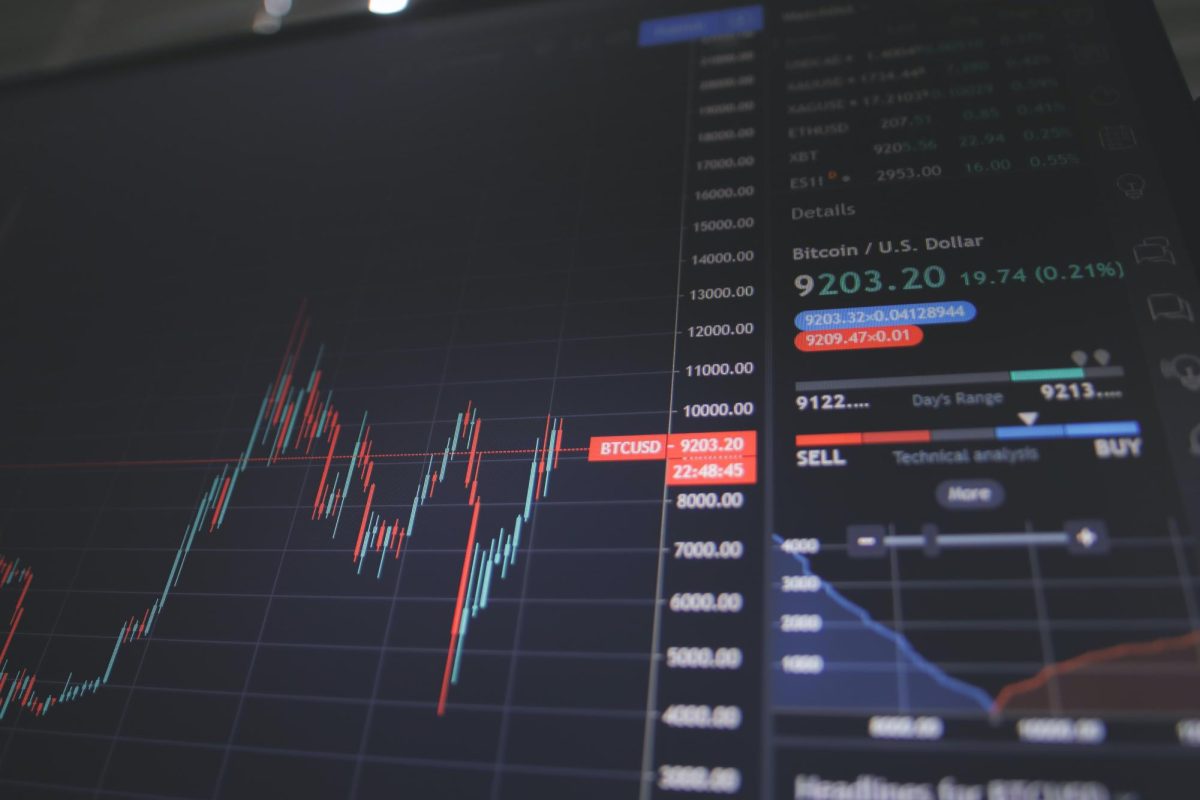In an increasingly partisan U.S. Congress, there is one thing that most congressmen and women on both sides of the aisle can agree on: using their insider information to trade stocks and make fortunes. Whether the politicians, or their spouses, executed the trades, many congressmen and women have turned their low to mid-6-figure salaries into multi-million dollar net worths. How, one might ask? Let me give you a few examples with current members of Congress:
Republican senator Markwayne Mullin disclosed a stock purchase of Raytheon (RTX) placed on September 13th. Raytheon is one of the primary companies behind Israel’s air defense system. Also, it just happens that Mullin sits on the Armed Services Committee.
Democratic senator Thomas Carper has been involved in his share of dealings, including shorting the U.S. economy (yes, a sitting congressman shorted the U.S. economy). Carper bought up to $110k in Ranger Equity Bear Bear ETF (HDGE) as well as other short ETFs in 2022 (generating large gains); he currently sits on the Senate Finance Committee. On April 2, 2020, Carper’s wife bought into Quest Diagnostics (DGX), a company that makes COVID tests; Quest announced the release of a COVID-19 antibody test less than a month later (April 28). Carper also bought heavily into Pfizer (PFE) in 2020, returning close to 100% and he also purchased Novo Nordisk (NVO), which is a Danish pharmaceutical company that lobbies and testifies to the Senate Health Committee. He also traded heavily in semiconductors (like NVDA) before the Chips Act (which the Senate Finance Committee, on which he sits, was tasked with reviewing).
Republican senator Thomas Tuberville might be the best of them all. To preface, Tuberville sits on the Senate Committee for Agriculture, Nutrition, and Forestry. Tuberville has disclosed hundreds of thousands of dollars in futures trading in wheat, corn, soy and cattle. Tuberville influences agriculture futures with legislation and is actively trading it.
These are not anomalies in any sense. Many politicians have leveraged their positions to acquire privileged information and actively trade based upon it. This clear conflict of interest is at the direct expense of the American people, who elected these individuals with the expectation that they would be acting in the best interest of their constituents.
There is hope, however. In late July, 2023, senators Kristen Gillibrand (D-N.Y.) and Josh Hawley (R-Mo.) introduced the bipartisan “Ban Stock Trading For Government Officials Act.” According to Gillibrand’s website, “the landmark Ban Stock Trading for Government Officials Act bars members of Congress, executive branch officials and their families from holding or trading stocks, increases disclosure requirements and imposes harsh penalties on violators.” Support for a congressional stock trading ban is widely popular among Americans, with 86% in favor nationwide (according to a survey by the University of Maryland’s Program for Public Consultation).
To gain a better understanding of congressional stock trading, track the disclosed trades of every member of Congress, and observe trends in their trading activity (if you can’t beat them, join them), visit unusualwhales.com/politics.












